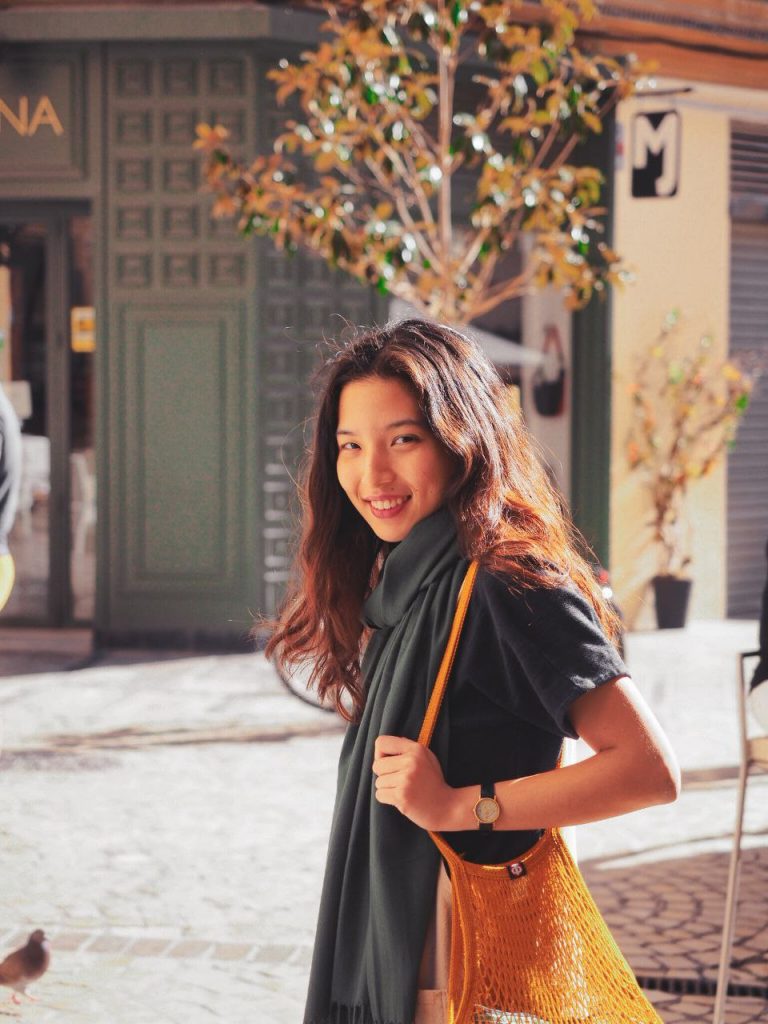
Can you tell us a little about what you do at work and how COVID-19 has changed your typical day at work?
Sure, I am currently interning at The Cocktail, a design and tech consultancy in Madrid as a UX Design Consultant. Our company works with various international clients to solve digital problems from end-to-end with our tech, design and research functions. One of the most exciting projects I’ve worked on has been in the design of a digital tool for sustainability, together with a large international bank headquartered in London. The way design brings so much to the table when looking at some of this world’s most pressing issues really excites me and I’ve been enjoying myself more than ever!
Wow, so much of my typical day at work has changed. I mean most fundamentally, with design work, pinning things on the wall, comparing across drawings…all these have become challenging now that we’re just tied to pages on a screen. But beyond that, I think of UX design as a very relational pursuit, it requires a great amount of empathy and you can best develop empathy only when you actually interact and spend time with the people you are designing for and designing with. Having not interacted with anyone but ourselves for four months now, it’s almost like the cornerstone of our practice has been taken away.
Where we used to hold brainstorming workshops in meeting rooms, we now have zoom brainstorms with a virtual Miro wall. The user tests we used to have in a usability lab are now just calendar days lined with zoom chats with users.
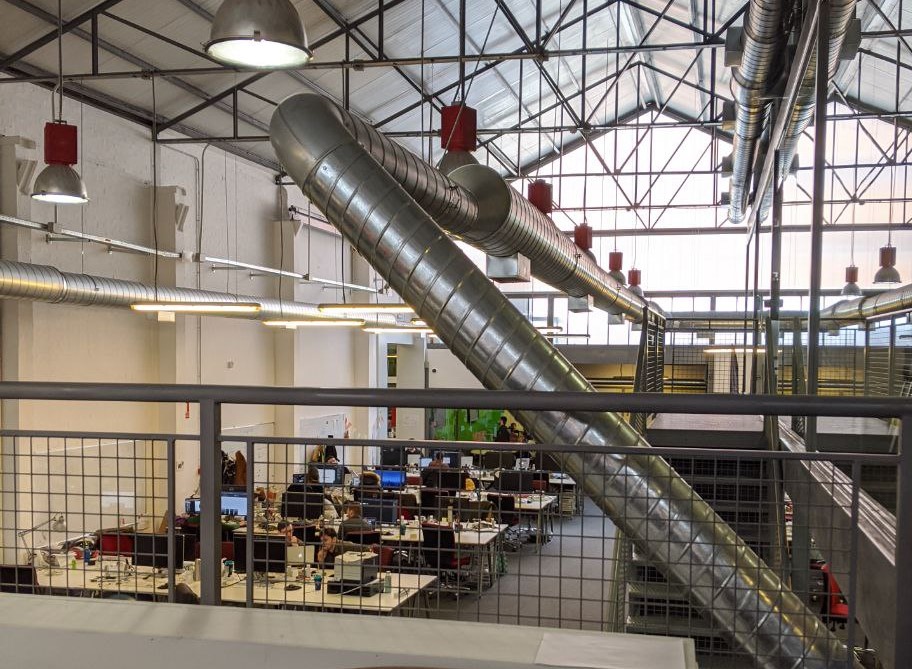
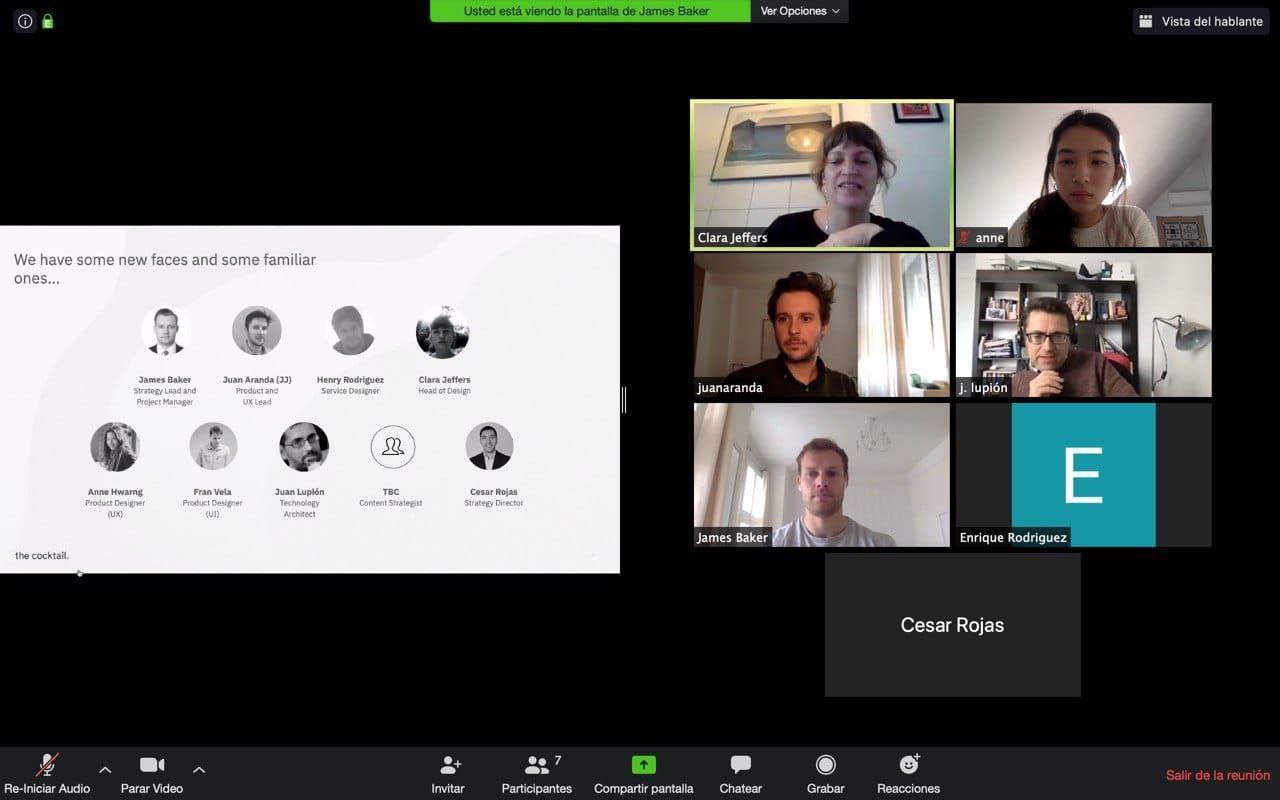
When did you travel to Spain and how has the situation there been in the last few months?
I’ve been in Spain since September 2019, starting out as an English teacher in a public school before taking on this UX design stint. Spain was one of the hardest hit countries in Europe during the pandemic outbreak. I’d say the months of March and April were especially dark for Spain, with soaring death rates and a bleak economy. As many know, Southern Europe has really suffered economically since the crisis in 2008-2009, and Spain never fully recovered from it. So the impacts of this pandemic have been damaging in many ways.
However, it is without a doubt that Spain is a country with one of the strongest spirits I’ve ever seen. I’ve always known Spain as the land of spirited, joyful and easygoing people. This was proven true throughout the past few dark months of lockdown, as terraces have been filled with daily songs, dance and applause, never once faltering!
And now, even as we enter the third phase of the gradual de-escalation of the lockdown, people have been gracious and patient. The news speaks often these days of racism in countries where east Asians are a minority. While I am a minority, I am thankful that here in Spain, I have never felt slighted, and have always felt safe and seen with the same kind of respect — outbreak or not!
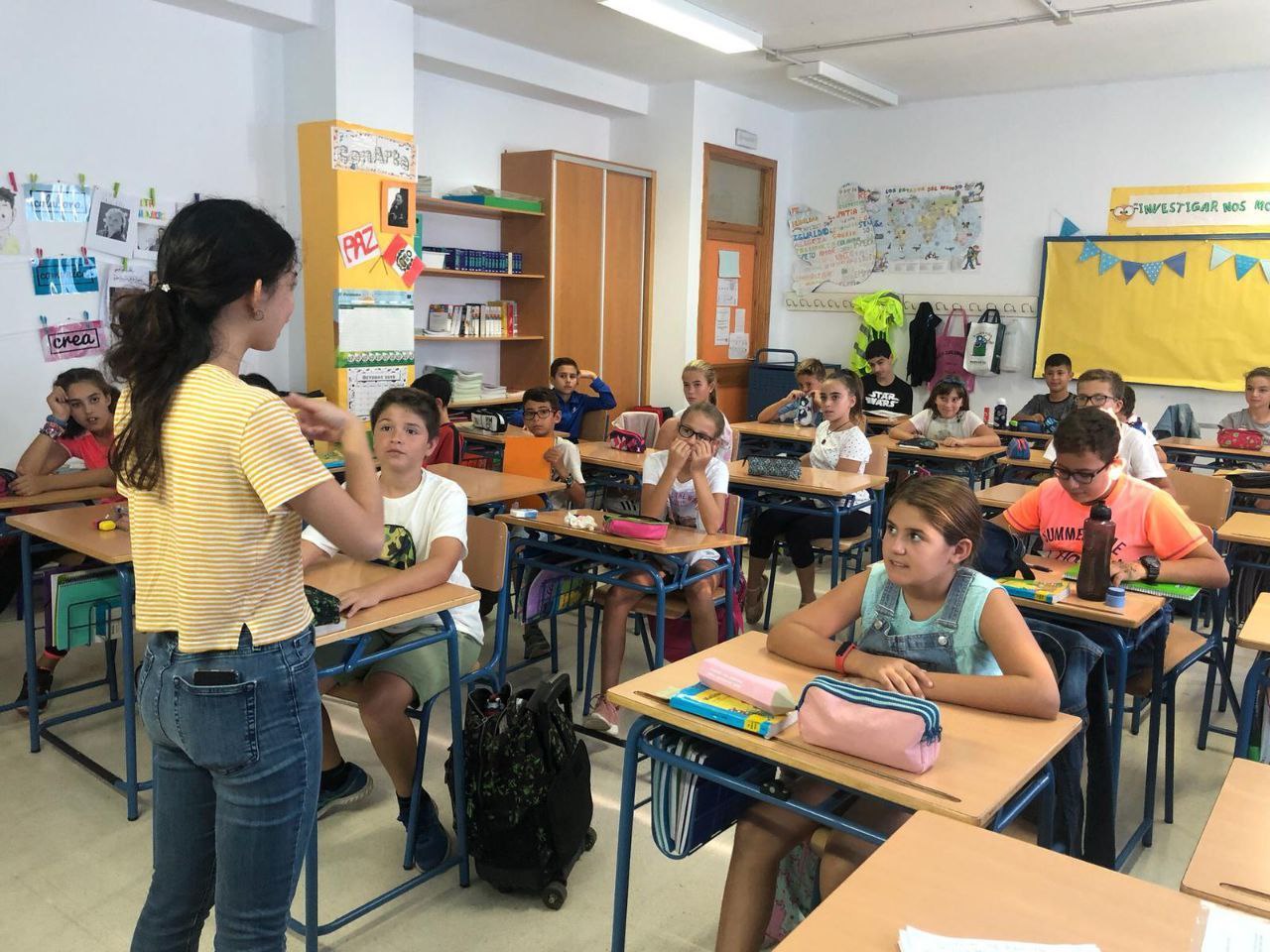
How are you coping and adapting to living and working overseas in times like this? Any advice for anyone wanting to live and work overseas in the near future?
Truth be told, there is little I dislike about living and working overseas in a time like this, so I’m coping and hopefully, thriving! One key way I have been adapting is in setting structures for myself to carve out some kind of organisation amidst the crazy autonomy I’m not used to but now have. The 9am stand-ups I have for work help set a time for when I need to be up and ready. And as it has always been, my meals mark segments of my days — and I set things I need to finish by various meal times. Since I’m now forced to make the most of the time I have by myself at home, I now exercise daily at the end of a work day, this was something I never was disciplined enough to do. And I have been reading, cross-stitching and cooking, slowly morphing into a granny. Of course, once in a while I fail and eat a snack instead, but that’s what makes us human 😉
I guess for someone who hopes to live and work overseas, I’d just say perseverance in the pursuit is important. There are so many barriers to entry; finding a suitable job that pays your rent and also gives you growth opportunities, the paperwork and the detours you need to make to get them, the communities you have to proactively immerse yourself in, language and cultural barriers, and even just in selecting a home space that you can feel safe in, these don’t actually come easy. I myself have, and continue to, struggle with them. And at many points on the journey, I had almost dropped off.
I don’t believe that grit alone gets us to places and that we are the masters of our own fates, but I do believe that a resilient spirit can turn every curveball into a learning opportunity. And so, I’d advise training that persevering spirit for the throws that are about to come your way.
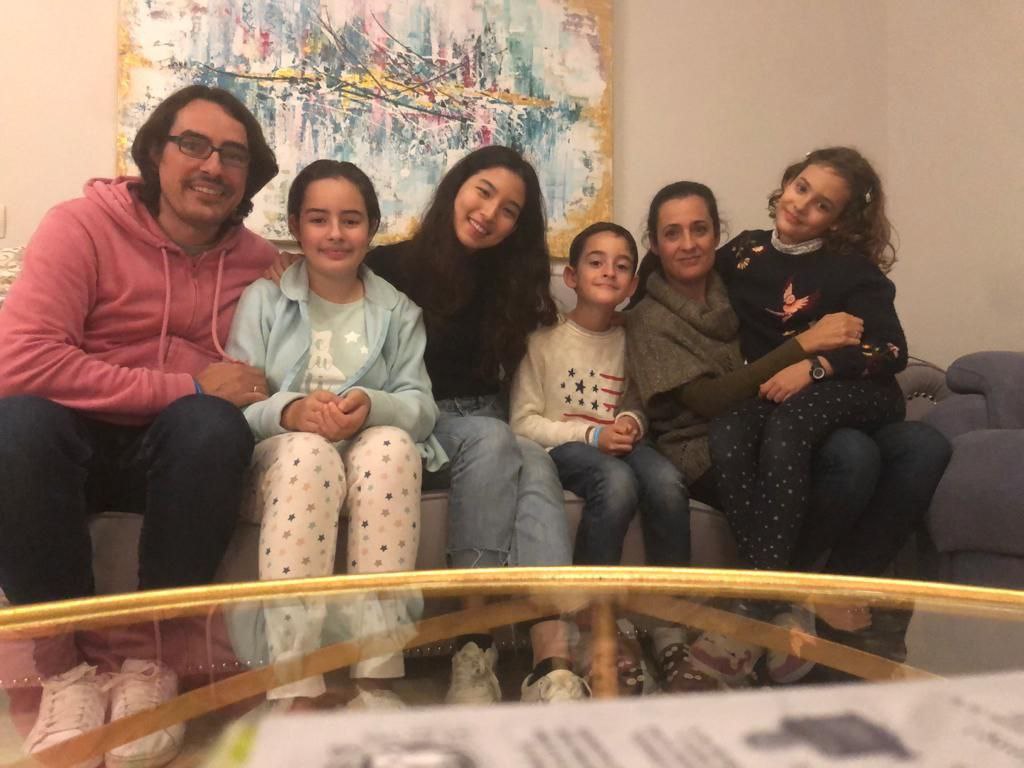
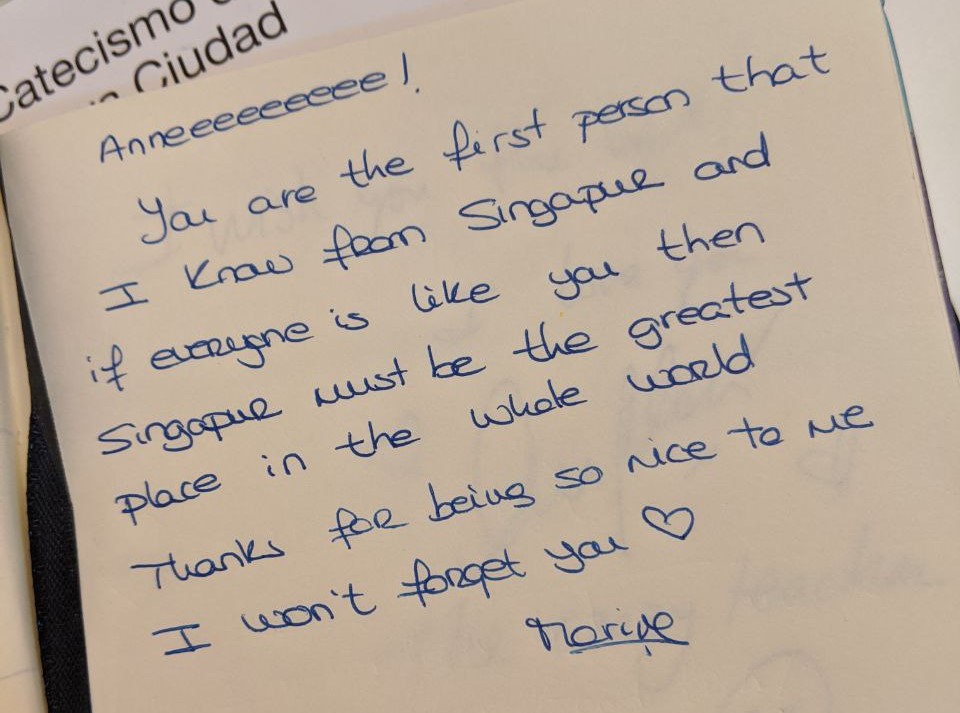
What positive things have you noticed emerging out of this global crisis?
I think from a social and organisational perspective, the crisis has really shown us that humans are way more adaptable than we ever realised, and that things don’t have to be done in ways as rigid as we had conditioned ourselves to be used to. The concept of ‘the office’ is being redefined. Working relationships now take intentional effort and investment to sustain and new culture is being written. I’ve also discovered more parents and spouses than I had ever known existed in my office through zoom calls — people who used to take on only the identity of “colleague” now have much more multi-faceted identities in my eyes. I think this crisis is giving us the time to take on those identities and perform them in new ways.
I think perhaps the best thing that’s happened is that the civilising paradigm that has shaped so much of the privileged world is vanishing: the belief that we are immutable masters of creation and can do everything and anything with the earth and with each other.
We’re being schooled, in political, professional and personal ways, and this teething process is coming with positive change. The earth has been given space to fallow!
Do you have any thoughts on how the tertiary education landscape in general, or NUS/ USP specifically, has changed, or will/should change moving forward?
Moving forward, the digital is going to take up so much of our already inundated lives, and so, I think the tertiary education landscape and USP would have to roll with this. There’s a need to move away from seeing digital tools as supplements, but instead to conceive of them as key factors in knowledge exchange. In my mind, USP is on the right track towards what higher education is going to have to look like in the economy of the future. This pandemic has shown how our economy is a lot more malleable than we realise, with sectors shrinking and growing with the waves of time.
And so, if higher education is to remain relevant, we need students that learn all life long and also have base skills that can help them to shift easily between sectors and spheres of knowledge. We need to develop generalists who are flexible yet inquisitive enough to build on their foundations to become specialists in different fields. USP has long been a testbed for this type of education, and I’m confident USP’s going to deliver, as always.
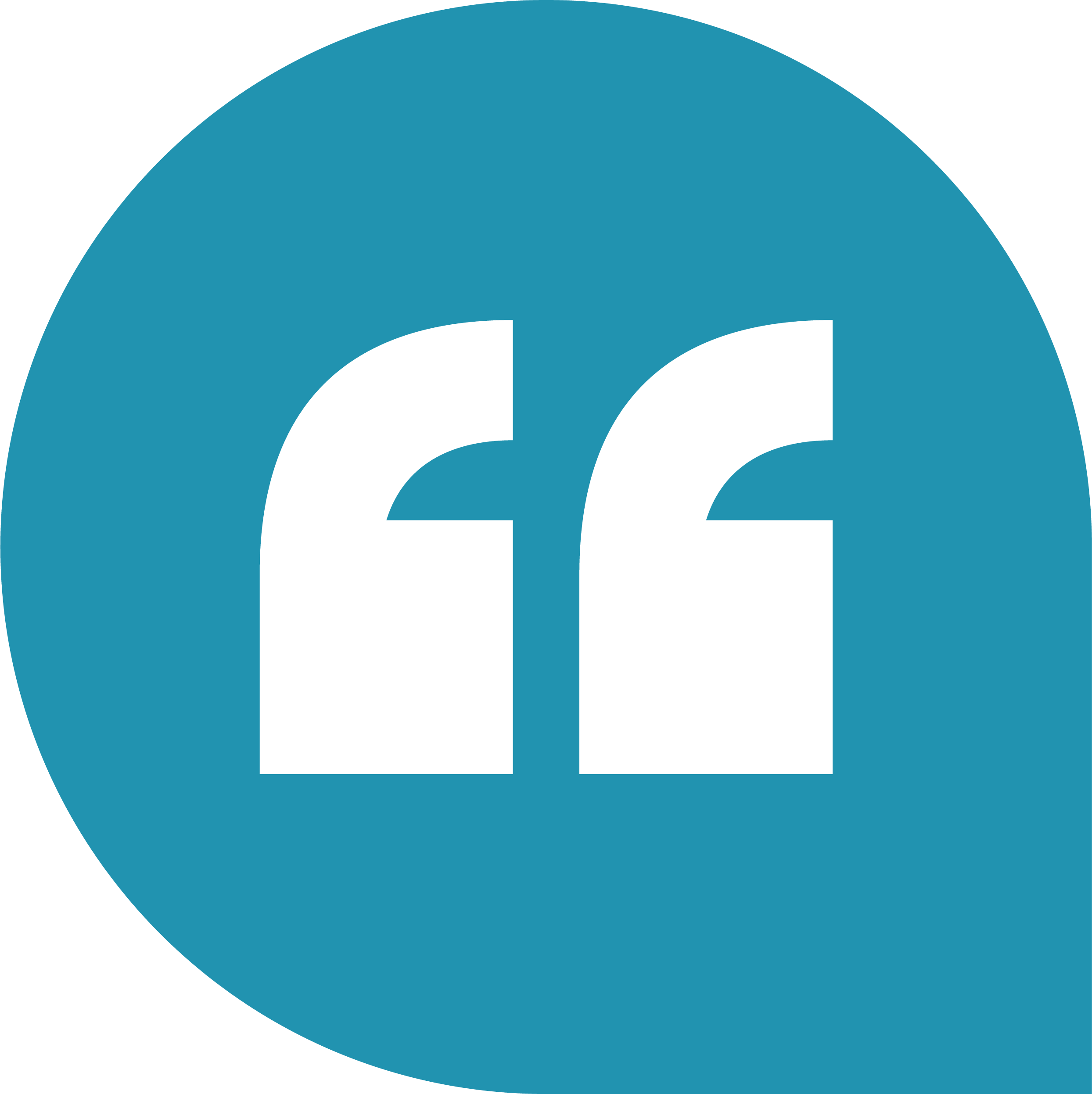
What advice/words of encouragement would you like to give to our Class of 2020 graduates?
It is a bummer to not have the pomp and circumstance of the commencement to mark the end of a chapter. It’s going to be postponed, but it’ll never be the same. I’m sorry to hear that and I’m with you. Yet, whenever things in life have not gone as we expect them to or are used to, see it as an opportunity to take a stab at rethinking where our ideals and expectations for how things “ought to be” come from. Graduation has always been done in such a way, with people hoping to don a gown and then transiting smoothly into a comfortable cushy permanent job in a shiny steel building. But it does not have to be so. Rethink the journey and challenge it — freelancing stints, a contract traineeship, a series of part-time jobs and more, you may not love or envision yourself to be in the jobs you start in, but you will learn from all of them. Because there is simply no “ought to be” and it’s okay if “it’ll never be the same”. Same as what, anyway?
I understand also that it must be challenging to graduate into an economy like ours today. I’m actually in the same boat, searching for a job. My biggest piece of advice would be to remember, while in the job search process, that your person and worth is much greater than what can be contained in a CV or a portfolio. It’s so easy to get sucked into a funnel of wallowing and self-pity as we scroll through job descriptions. It’s so easy to see ourselves as checklists trying to tick all the boxes. You are so much more than that, and it’s important to remember that even as you try to enter the working world.

